Social Sciences

CURRICULUM ETHOS
The aim of each of our curriculums is to develop students' knowledge of human behaviour and society whilst enhancing key skills such as, critical thinking, evaluation, and application.
This involves inspiring intellectual curiosity, fostering a sense of social responsibility, and equipping students with the ability to challenge misconceptions and engage in research-based debate. Each of our curriculums have been designed to extended students beyond the classroom, by developing thoughtful, independent citizens who will be able to apply their learning to improving the world around them.
The Social Sciences Curriculum in Summary
GCSE Sociology introduces students to how society works, as they explore the relationships between individuals, groups, and institutions. It helps students understand social behaviour, inequality, and how social structures influence our lives. Students develop an understanding of social processes and structures. and have the opportunity to apply sociological concepts to real-world issues, whilst being encouraged to think critically about society and social change.
A Level Sociology builds on GCSE knowledge but goes much deeper, focusing on sociological theories, detailed research studies, and critical analysis of social structures. Students will explore how society is structured and how power and inequality operate, through developing their understanding major sociological theoretical perspectives, whilst applying the key theoretical views and research evidence to contemporary social issues.
At KS4, students follow the Eduqas GCSE specification; at KS5, the AQA A Level. Across both levels, students explore how key sociological theories, such as Functionalists, Feminist and Marxists explain social structures and processes. They investigate the roles of major institutions, the experiences of different social groups, and the inequalities present within our globalised society.
A-Level Psychology introduces students to the scientific study of the mind and behaviour. Students will explore why people think, feel and behave the way they do. Developing both knowledge of psychological theories and research methods, students will consider the different approaches in explaining human behaviour (Nature v Nurture) the ethical implications of research undertaken on human and animal participants and the social consequences of published research, on particular groups, within society.
KS5 Psychology students follow the AQA A Level specification. Through the study of core theories and landmark research, they develop a solid understanding of key psychological approaches and concepts. This enables them to critically explore how psychological theories explain and influence human behaviour. Sociology is offered as an optional subject at KS4 and KS5.
The Applied Criminology Diploma is the equivalent to one A Level. Students develop an understanding of different types of crime, criminal behaviour, and how the criminal justice system operates. They will also analyse the role the media play in the reporting of crime and how this changes priorities, due the public’s perception, in terms of investigations by the agents of the criminal justice system and how campaigns stemming from this have initiated changes in UK Law overtime too.
At Key Stage 5, students follow the WJEC Level 3 Applied Diploma in Criminology. They develop key insights into different types of crime, how laws vary across time and place, and how criminal behaviour is reported, recorded, and investigated in the UK. Students also examine the effectiveness of campaigns that have influenced legal change. In their first controlled assessment, they are expected to design their own campaign for law reform.
Diversity and Inclusion in the Social Sciences Curriculum
Within the Social Sciences department, each subject curriculum is carefully designed to promote diversity, inclusion, and our shared societal values. Students critically explore cultural diversity and examine cross-cultural research, analysing the role of campaigns such as Color of Change and initiatives like the Dahlia Project, which amplify marginalised voices. The curriculum actively challenges ethnocentrism within the disciplines, using examples from key institutions such as the Criminal Justice System and Education to highlight systemic inequalities and implicit bias. Students also reflect on evolving efforts to include Eastern, Indigenous, and non-Western perspectives within traditionally Western-centric frameworks, promoting a more global understanding of human behaviour and society. Intersectionality is embedded throughout, encouraging students to consider how race, gender, sexuality, disability, and class interconnect to shape lived experiences. Through this approach, students are empowered to think critically, question dominant narratives, and become advocates for inclusive change within both academic and real-world contexts.
Cultural Capital and Enrichment in the Social Sciences Curriculum
Our curriculum is designed to meet to embed personal development and careers education across subject areas and enrichment opportunities. Through topics such as understanding the criminal justice system, mental health and well-being, diversity and inclusion, and key societal policies, students gain a rich knowledge of the world around them and how they can actively participate in their communities and wider society. Each subject provides structured opportunities to explore real-world contexts, including how to report a crime, the role of jury service, and the impact of national initiatives on social policy. Our enrichment programme also reinforces this learning through meaningful encounters with key themes beyond the classroom. For example, this year our psychology students will visit the Freud Museum, supporting deeper understanding of psychological theory and practice in a real-world setting. These experiences help students to make connections between their learning, future pathways, and the wider world, ensuring they are well-informed, active citizens.
Literacy and Oracy in the Social Sciences Curriculum
Good literacy and oracy skills are fundamental across all subjects, and our curriculum is carefully designed to ensure students continually develop these essential competencies. Oracy is promoted through a discussion-based approach to learning, where students are encouraged to articulate their ideas, debate key concepts, and engage in structured dialogue. In addition, presentation tasks are embedded at all key stages, allowing students to practise public speaking and build confidence in verbal communication. Literacy development is supported through regular exposure to subject-specific vocabulary, which is revisited and assessed via key term checks and retrieval activities. Students are also provided with opportunities for extended reading through curated articles that link to real-world contexts, enhancing comprehension and deepening understanding of curriculum content. To support written communication, essay writing is explicitly taught using structured writing frames and scaffolds. This ensures that students can effectively express their understanding of key theories, concepts, and research in extended written responses. Through these strategies, we aim to equip all learners with the language and communication skills necessary for academic success and lifelong learning.

